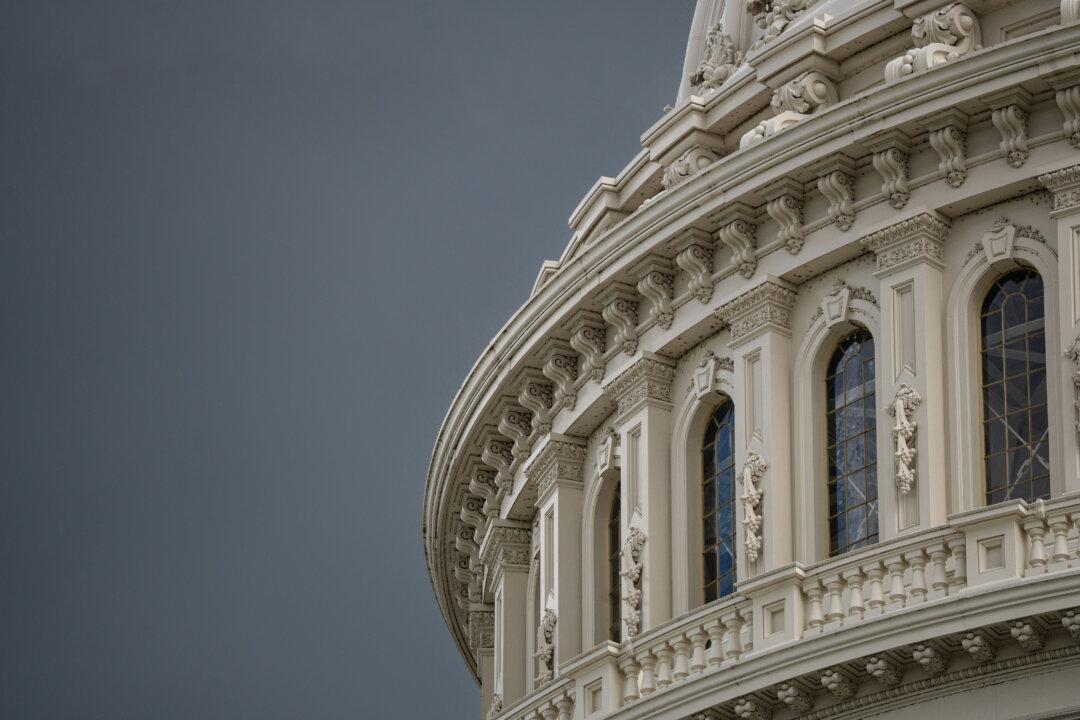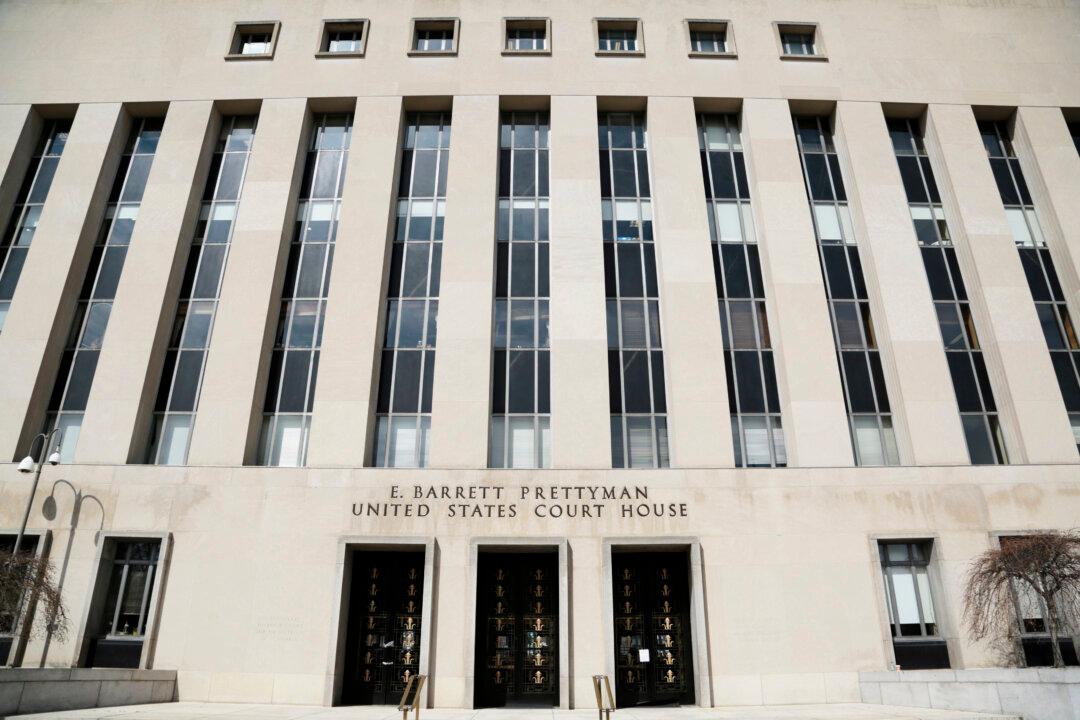The House of Representatives voted in favor of a Senate bill to reclassify fentanyl as a Schedule I drug under the Controlled Substances Act on June 12.
The legislation passed 321–104, with only one Republican voting against it.
“A schedule I controlled substance is a drug, substance, or chemical that has a high potential for abuse; has no currently accepted medical value; and is subject to regulatory controls and administrative, civil, and criminal penalties under the Controlled Substances Act,” the Senate said on its website.
Under the bill, new fentanyl-related offenses are established, with 100 grams or more triggering a mandatory prison sentence with a minimum of 10 years. The legislation also establishes a new registration process for research with controlled substances.
Other Schedule I drugs include heroin, ecstasy, and LSD.
Additionally, the bill establishes a new, alternative registration process for certain Schedule I research.
The bill then moved to the Senate, which passed its version of the legislation, which also sought to categorize any fentanyl-related substances, including any compound that was structurally or molecularly related to it, as Schedule I substances.
That version was amended and sent back to the lower chamber on a passing vote of 84-16 on March 14. The House received it on March 18.
In 2023, almost 80 million fentanyl-laced counterfeit pills and nearly 12,000 pounds of fentanyl powder were seized by the Drug Enforcement Administration. That same year, nearly 70 percent of the more than 107,000 drug overdose deaths in the United States came from fentanyl and other synthetic opioids.







